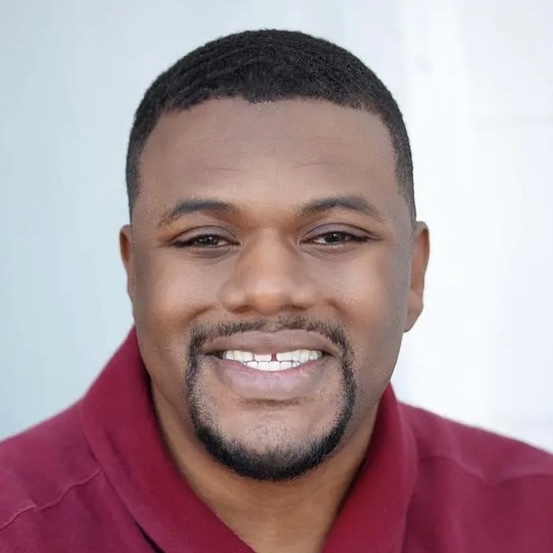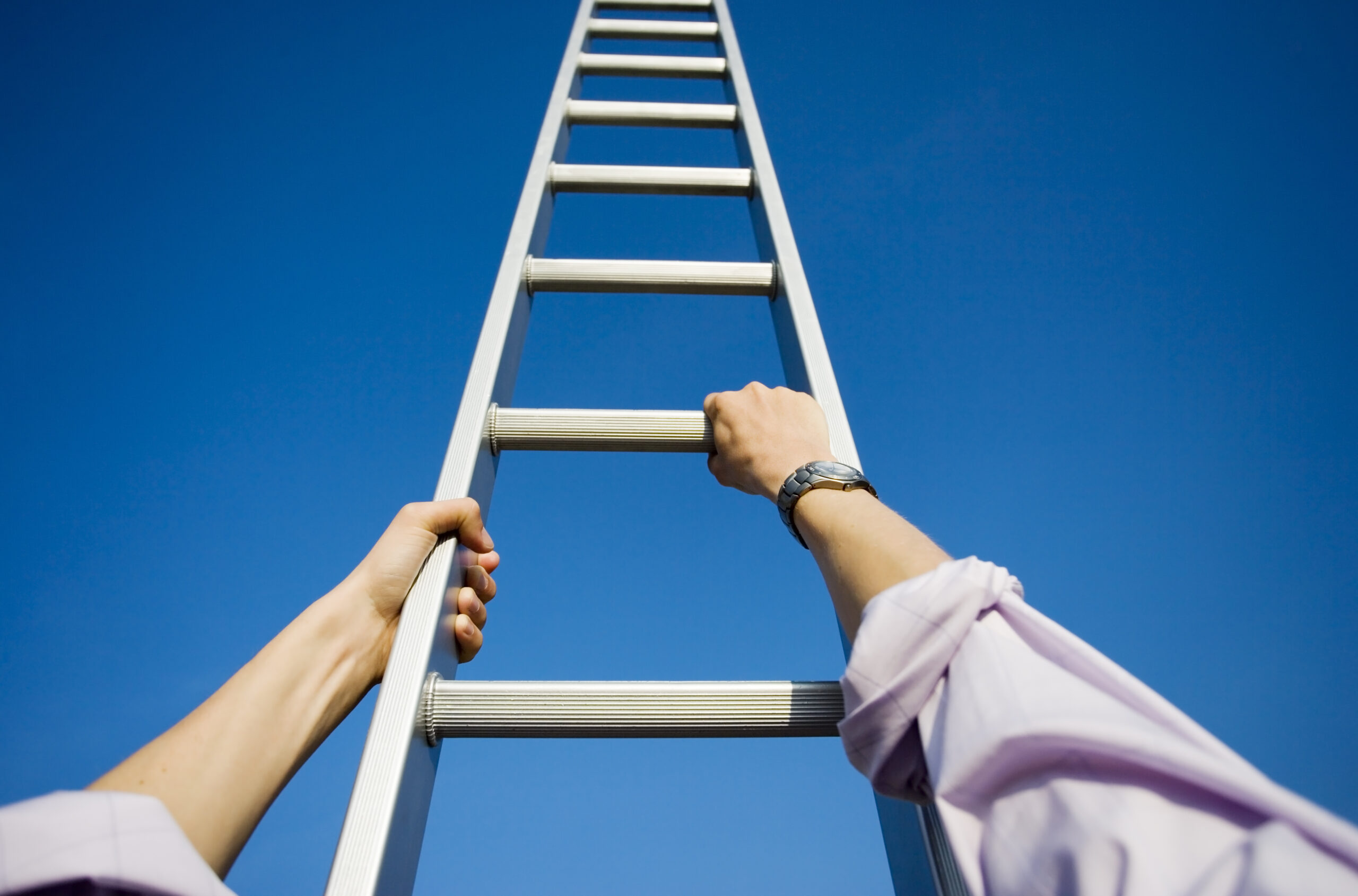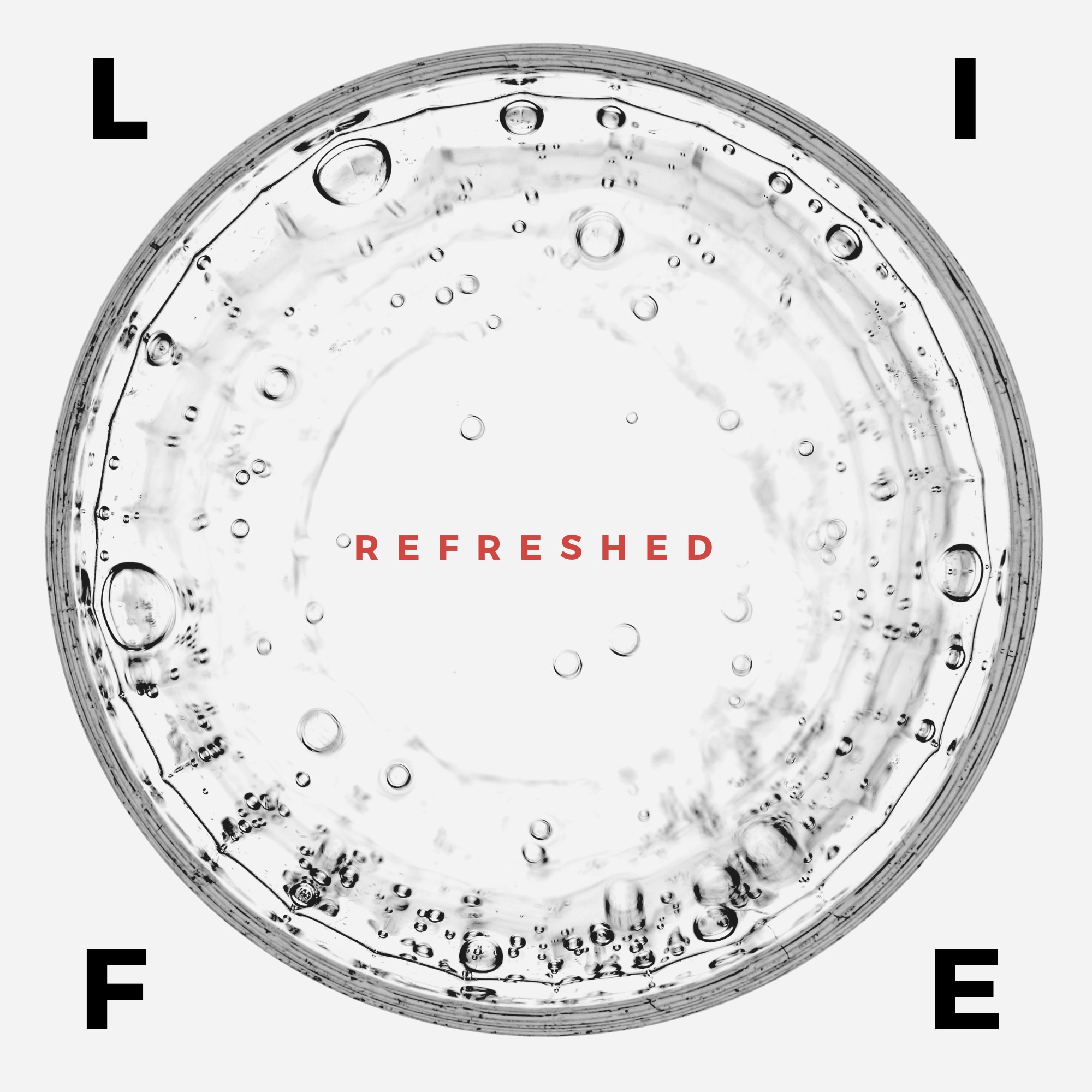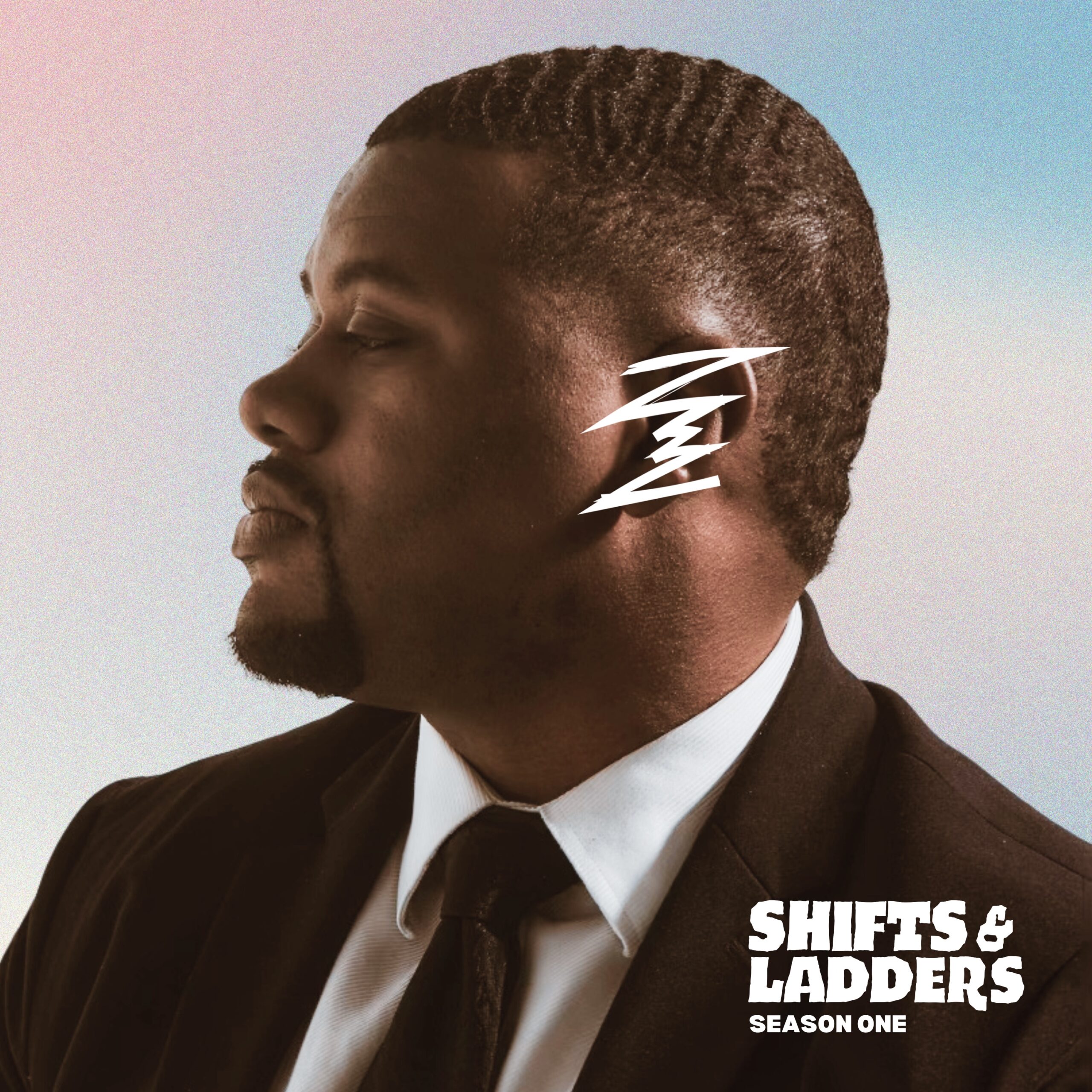Episode Transcript
[00:00:00] As long as you're alive, shifts are going to happen. Whether those shifts are personal shifts, spiritual shifts, professional shifts, cultural shifts, we're all going to experience them at one time or another. But have you identified what causes those shifts to happen?
[00:00:41] Hey, ladies and gentlemen, welcome to Life Refresh podcast.
[00:00:46] I said my name so many times, you probably should know, who is it? Who it is by now.
[00:00:51] Ryan Robinson, if you've been finding value in this podcast, podcast, I encourage you to share it with someone. I hope that it will bring value to you, and I'm just going to jump right into it. Today we're going to be talking about shifts that are happening. Shifts in our lives or changes or pivots are things that happen to us naturally, as when you get older, you're going to have shifts in your bones.
[00:01:19] You might have some popping here and there that you didn't experience when you were a bit younger. There are mindset changes. As you gain more information in your life, you start learning different things and it opens your horizons. Now, the more you've been exposed to certain experiences, you start to make different shifts in your life. So we're never the same, but most of us have a challenge really identifying what shifts we are typically in. Now, there are so many shifts, and you can categorize them by many ways, shapes and forms. But the three that I'm going to choose to talk about are things that are natural to us as human beings. The first shift being cultural shifts, things that are happening in our world. So let me take a step back. The shifts are going to be identified in three areas. One, our world awareness, how we operate around the world, and how things change in the world around us. Number two, the personal shifts that happen in us, whether exposure to new information experiences both good and bad. And then the third one is a spiritual shift, which I feel is actually the most powerful and actually really informs the way you see the previous two.
[00:02:44] We are natural. We have bodies that are world conscious. If it's cold outside, you're going to put a code on, I hope that's our bodies. It gives us world consciousness. Our soul or our being gives us self consciousness. It helps us understand how we are perceived as well as gives us and develops self awareness on our proximity to other people and our gifts and talents of those around us. And then I also believe about the spiritual awareness that lets you know that there's a higher being. Or in my case, I feel that there's a God who makes us aware of his presence within other people, places and things. Okay, so with that said, let's go ahead, and we're going to start with the cultural shifts. Okay. Cultural shifts happen in our traditions, the way we experience life, our beliefs, our values, our attitudes.
[00:03:41] Whether you're in an organization or societal group, shifts, naturally are just going to happen.
[00:03:48] One of the best things I can give an example for around shifts are the way things have shifted in business over the time. So we went from an agricultural kind of era, to the industrial era, to a distribution era, to the technology era. Now we're in the information age.
[00:04:16] All of the changes that have taken place in culture are, quote unquote, depicted by an age of some sort where a particular technology changes the way we do business and changes the way that people gain wealth. So no matter what's happening, there's always going to be some kind of shift that is happening. So we all have to be aware that things are happening. I was, I'm a millennial, so I remember when phones weren't in your pocket that much, when you had to go and actually press a touch tone keypad in order to dial a phone number. But there's also, and I remember making that transition from a Nokia candy bar like phone with snake. Some of y'all know exactly what I'm talking about to now, basically having a computer in our pockets.
[00:05:20] Stuff that we watched the Jetsons for now are so prevalent that we just, you know, know, it's just the operating things of life. So what happens is many of the organizations, whether you're in business or whether you're in some kind of industry, they have to make the shift in order to make sure they stay relevant.
[00:05:44] And it's important to do that because it can challenge processes, it can challenge mindsets, and in many cases, threaten profitability. And I talked about, in a previous podcast where we talked about how the mighty fall, there's so many businesses, because they were not willing to make the shift and got comfortable with where they are, thinking that the circumstances that they were in were always going to be there. They became extinct, you know, the blockbuster, the toys r us, the.
[00:06:23] The codex of the world, because their lack of innovation and just being, you know, have an ego, really, it kept them from making the shift. Even though they had all the resources, all of the technology, all of the intellectual to make the shift, they decided not to.
[00:06:50] Even when all these things happen, these are not. The changes didn't happen in one, you know, one swoop, right? These things actually happen bit by bit. So, you know, iPhones didn't start killing camera phones like the first camera, I remember, was less than like. It might have been like one megapixel.
[00:07:19] Like, you couldn't even zoom in on that, that kind of picture.
[00:07:24] It was just so grainy and just didn't look good. And that was the first iteration of a camera on a phone.
[00:07:35] And all the kodaks of the world had this. This incredible technology with lenses and all film everything. And all of a sudden, technology is catching up while something, another organization is keeping trying to keep everything status quo, which means the mess you're in, they liked that and they didn't want to change. And as you know, as we are all going through changes, there are indications of cultural changes that are happening. So let me help you give some signals. One business sectors there are, I feel like we're kind of pivoting into like an AI like experience right now. Why is that important?
[00:08:22] Because AI isn't here just yet.
[00:08:27] It has been experienced, but people don't understand how to use it. Therefore, it does not have a tipping point where it is widely adopted.
[00:08:35] We have also and are experiencing new things like spatial computing, where you have, like, headsets, and I don't. I hope we don't have headsets on all the time. I actually like looking at people's eyes and looking at people, period. Just being a person and having a conversation without having screen in between them.
[00:09:01] I think that. I believe it. We're kind of in a shift of where things are going to be changing and how technology interacts with us during the day, not just as a separate device, but as something that integrates with our lives, whether that be through glasses or whatever the case is, I don't know.
[00:09:22] But also, here's the last piece of what we hear. What we hear. Music has always been a change that has taken place, really, and has been a cultural depiction of what's happening in the world. So if we think about the seventies, for example, the seventies had funk, had fusion music, had all different kinds of instruments that depicted a particular time period. But if you go to the nineties, I'm a new jack swing person, I love that kind of music. So you get hip hop, r and b kind of mix. That is a new sound that came out of previous generations, such as the funk age, and in many cases, actually also in another case, hip hop age. It came and became a fusion of things. So everything builds on, on its own. And it doesn't necessarily get cultivated by one particular event. It is that a series of events created a cultural shift that now becomes widely adopted. And we're like, oh, we just. It just happened. No, it's been happening over, over and over a period of years, and then we just look back and say, like, oh, that was. We can say that was the first thing and say that part was important. But if we look back and remember that first thing that we deemed as the catalyst to change wasn't widely adopted. The iPhone barely sold a million units when it first got out. It was like 700, I want to say 780,000 units in its first month or two. So it wasn't. It doesn't say it didn't sell like it sells now, but it became depicted as a catalyst when we look back at it in reverse. Okay, so let's be mindful of cultures. Why? Because it lets us know where we are in the times that we are in. All right, that's important. That's really important. Okay, the next one is a personal shift.
[00:11:41] Just as organizations need to change, we need to change.
[00:11:44] There are negative changes and positive changes that take form. So one of the things is, like, when we do, we're going through personal changes. There are habits we have to break. There are new skills that we need to build. There is new information that we gain about how we are perceived in the world now. I feel like these are probably more or more. Probably more difficult to take knowledge because we're diagnosing ourselves, and we also need other people to help us as we go through that process. People that we trust, love, and admire to be able to go through that process.
[00:12:26] It's super difficult to be able to self diagnose the changes that you. You need to make. The only way we know we need to make a change is based upon our interaction and relationship with those around us. So if we are. If we have a negative experience with someone that we care about or want to be around, we will consequently make a change, because that's not the result that we want. But also, if we're having negative outcomes in whether a professional career, like I said, relationships, or we're not handling pressure situations correctly, then we recognize, okay, something. I need to do something, I need to make a shift somewhere, because the pain of this situation is keeping me from realizing my potential. Okay? And, um, it is a change. It's a change. Values shift. Um, you know, what you thought was important when you were 16 is no longer important when you're 36.
[00:13:29] Your values change. We grow.
[00:13:33] We have experiences. And the thing that keeps us back from really experiencing those personal shifts is our familiarity with the past.
[00:13:48] I'm gonna say it again. The thing that keeps us from progressing forward is our familiarity with the past. Now, why do I say that?
[00:13:59] We know ourselves from our history.
[00:14:04] And we, and many people say to themselves, like, you know, I. I don't want to change. You know, I've always been the same.
[00:14:13] We really haven't. You, you haven't been the same.
[00:14:17] You've matured, you've grown. Your body won't even allow you to eat some of the things you used to eat. So by that, just by that little piece, you're different whether you want it to or not. That is, you can't have burgers and meat like you used to.
[00:14:32] Welcome the growing up. Your body doesn't respond the way it once did. But. No, but mentally.
[00:14:40] And there's so much research now these days about the neuroplasticity of our brain, meaning that we can change the way the synapsis, the synapsis in our brain synapses, whatever the word is, fire in our brain because of new behaviors, new habits, and new thought processes that activate when we decide to do something different. Now, the part that gets us is the pain that's associated with shifting. Now, it's different than cultural changes because cultural changes, we just adapt to them. There's. There's a multitude of people, circumstances, businesses, companies that make that shift. So it's a more of a shared, experiential thing.
[00:15:32] You know, they're in hip hop. Just using that as an example. Again, there wasn't just one hip hop group like the Sugar Hill Gang, which you consider the first commercial, widely commercial hip hop song. You know, if you don't know who the Sugar Hill gang. Well, I'll put it in the show notes here. You. You'll like it. Or maybe we'll play it. I don't know. But it is an important song, right? But it wasn't just them. It was the furious five. It was a multitude of DJ's and others that were ll cool J, Def Jam, the Beastie Boys. It was a bunch of purveyors of hip hop that actually moved the needle for some of our favorite artists to really exist. But it was a group, I say a cultural effort. Therefore, a cultural shift needed multiple people. But when we're talking about personal shifts, those personal shifts, are you aided with people that can give you perspective outside of you, about you.
[00:16:43] Sometimes you need someone outside of you to give you perspective about you.
[00:16:48] Okay, so why is that important? Why is that so important? Because you, as I said earlier, have lived with you your whole life and the skills that you need in order to make that shift cannot be found in you.
[00:17:06] It can be imparted into you and then you're responsible of activating it in you, okay? It can be imparted to you and your responsibility is to activate it in you, okay? And it is a challenge for those shifts to take place. But it's needed. It is really needed, because what got you here won't take you there.
[00:17:32] It won't take you there. And that's, that's the God's honest truth. You work your butt off. There's certain things that just you can't take with you because they don't serve you well. And that's perfectly fine. Some things have to die for things to live. And parts of you no longer. Then again, and in their season, they were useful, but anymore they're not. And that's okay to make that kind of shift. Okay, then the last one is a spiritual shift. This is really your, your awareness of God in your experience. Now, this is highly and highly personal.
[00:18:12] It is something that is mostly and often transformative because these, the spiritual shifting actually informs everything else. So if your shift, if your, let me see, let's think of significant life event. So, experiencing love for the first time, for example, that is something that is deeply, I feel a deeply spiritual experience to have, okay? And it transforms your perspective of life. So the thing is, the way you feel about love affects the way you feel personally. And the way you feel personally affects how you observe the world culturally. So if you had a very great experience about love and being cared on and getting that spiritual impartation of love, the way you take care of not just yourself, you love yourself better. Your loving yourself enables you to love other people better. And then you have a different perspective and worldview of the culture and the people around you. Why? Because you experience love in a place that is spiritual. Okay?
[00:19:34] That connection gives us the ability to have an uncommon language that has no words to it. So, you know, I used to. This is a music person.
[00:19:49] Remember hearing Whitney Houston growing up? And I remember whenever she got on the stage, I remember, I think it was the Super bowl or something, she was on stage. And I remember listening to her and just getting chills and like, crying again. I can't remember how old I was. But, like, there her, there was something else beyond her talent and her ability that reached me in a place that just wasn't common. Right? I wish I could articulate it well, but it's sometimes those are moments that you just, and you just can't put words to. And the thing is, spiritual moments are like that. They are almost mile markers of pain, pivots in your life. I remember when my daughter was born and what that did to me inside.
[00:20:50] Yeah. They said, you know, yes. An emotional moment. Yeah. But emotions are tied to something deeply spiritual that happens.
[00:20:58] If you tell me that a mother's care for a child is all biological, I think you will be crazy saying that there is something. Yeah. Does it have a part to do with it? Yes. But I also think there's a deeper connection beyond just biological that makes a mother become a mother. Not just a someone who's there, but someone who really embraces that role of motherhood, of fatherhood. It's just deeper. Again, you can't put a label to it, but you can. That connection that you have with your best friend and you don't need to say a thing. Y'all look at each other and it's like y'all had a whole conversation in a matter of like 3 seconds, or your spouse, something like that. Like it just happens. You just look at them and y'all smirk and y'all just move on. Everything was said in an uncommon but unique language between you and another person that you completely relate to. That has nothing to do with culture or nothing to do with your personal experience, has everything to do with something that's supernatural.
[00:22:15] I believe that it often.
[00:22:19] I think spiritual changes cultivate the ability to make sustainable changes.
[00:22:27] The Bible says that God is the same. Yesterday, today, and forevermore. He's always going to be there. His characteristics never change.
[00:22:37] But God is always moving. He's a creator. So because he's creator, he's never going to come the same way that you expect him. He's always going to be doing something new. Give you this great example. In the Bible, Jesus never healed the same person twice. Sorry. He never healed a person the same way twice. So if you were blind, there are some times that he would just, you know, touch someone's eyes or touch them and they would be blind. They would, you know, open their eyes and be able to see.
[00:23:11] There's times when Jesus spit on, spit on somebody, spit in the mud and spit on his hands and then healed him that way progressively.
[00:23:23] There were times when Jesus said, stretch out your hand and it got healed as the person stretched. They said there's so many ways and so many things that Jesus did and never repeated. The same healing, got the same result, but was always a different method.
[00:23:46] So if we serve and we're made in God's image and likeness, we don't always. We won't always do what God did, but we'll never do it exactly the way someone else has done it. I don't think I've heard a singer sound the same ever. Justin Timberlake surely doesn't sound like Robin Thicke. Or we can say Usher doesn't sound like Jamie Foxx. Put your favorite r and B singer. They don't sound like each other. Why? Because they, they are unique. And that is an expression that comes from a spiritual, a deep place versus just, I'm just naturally gifted. Not like if you can touch lives and make moments for people that's deeply spiritual. There hasn't been anyone that sounds like Whitney Houston.
[00:24:38] They try to, but there never will be. There won't be another Michael Jackson. There won't be another prince.
[00:24:46] Name who your favorites are. There'll never be another one because what they have is deeply spiritual. To connect with people and connect with you, you have a natural connection with people. There's going to be, there'll never be another you.
[00:25:04] But in order for you to be able to become the version of you that you need to become, you have to be able to identify the shifts in your life that you can take and drop off some of your old habits, old ways of thinking, embrace new ones and embark on the spiritual journey and spiritual shifts that are in store for you. So those are three, three shifts. The next, we got one more podcast and I want to share with you. We're going to have a special, special announcement at the end of the next podcast. I don't want you to miss it. It's an exciting time, exciting shift that's going to be taking place. So tell you tell, keep it locked here and be able to identify the shifts that are happening in your life to the next one. We'll catch you later. Peace.





